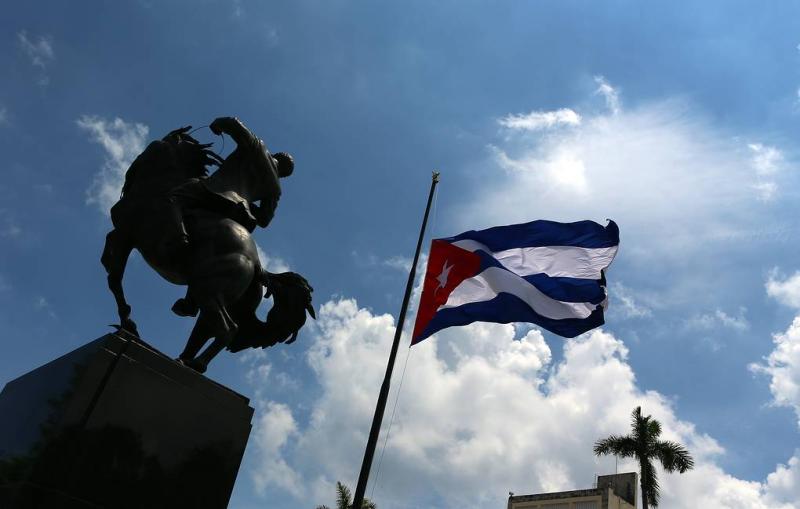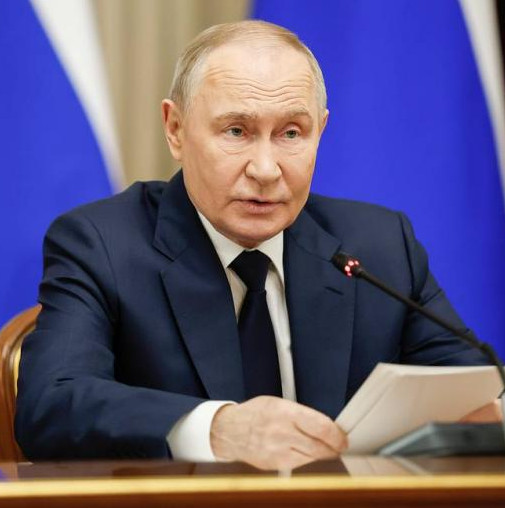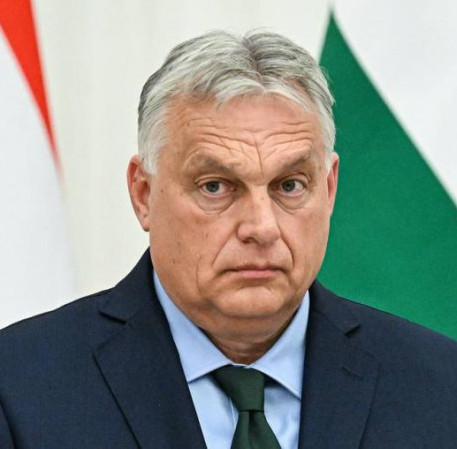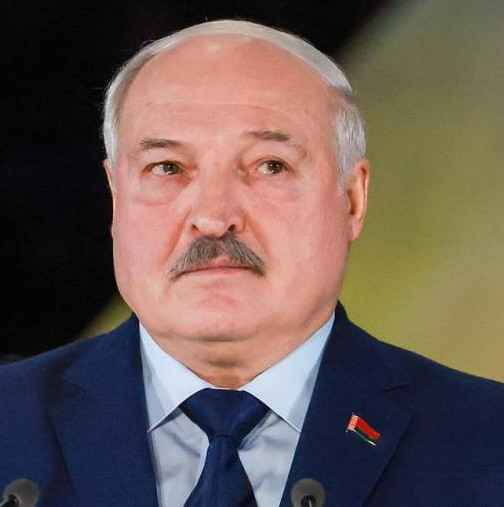
The Russian leadership has walked the talk and, assisted by the Cuban leadership, sought to use the republic’s military infrastructure to ensure safety of both states.
During his visit to Moscow on June 27, Cuban Defense Minister Álvaro López Miera had talks with his Russian counterpart Sergei Shoigu to discuss bilateral cooperation prospects for defense and security. "Cuba has always been and continues to be Russia’s key ally in the region. Our Cuban friends have confirmed their attitude toward our country by demonstrating a complete understanding of the goals of the special military operation in Ukraine," Sergei Shoigu stressed.
Notably, June saw President Vladimir Putin award Miera the Order of Friendship "for his vital contribution to strengthening military and military-technical cooperation between the two countries." And two weeks earlier, Cuban Interior Minister Lazaro Alberto Alvarez visited Moscow to engage in an international security session, negotiate with Russian Security Council chief Nikolai Patrushev and sign a cooperation agreement with Rosgvardiya to "more efficiently combat crime and terrorism."
In March, Nikolai Patrushev paid a return visit to Cuba for talks with the republican leadership.
From June 14 to 17, Cuban Prime Minister Manuel Marrero Cruz was received in Russia to meet with both his Russian counterpart Mikhail Mishustin and President Vladimir Putin. After that the guest flew to St. Petersburg to attend the International Economic Forum.
The high-intense Russian-Cuban ties indicate the operationalization of warnings by the Russian leadership about retaliatory measures to the real security threats coming from the US and NATO. Thus, January 2022 — a month before the special military operation in Ukraine began — saw Russian Deputy Foreign Minister Sergei Ryabkov stress that the United States and NATO flatly rejected Russian security claims. Therefore, Ryabkov did not rule out "military infrastructure" appearing in Cuba and Venezuela. "I don't want to confirm anything <...> or exclude anything," he said.
Military cooperation with Cuba was curtailed in 1993, as Russia withdrew its 3,000-strong motorized rifle brigade from the island. 2001 featured the shutdown of the Lourdes radio-electronic center (REC) in the suburbs of Havana, with all the equipment dismantled and personnel sent back home.
Bilateral cooperation revival occurred in early 2015, when Russia gradually embarked upon reestablishing credibility with the Cubans, starting with economic assistance. In military terms, Russian experts began to help restore hardware and weapons in service with the Cuban army. After the Havana negotiations of 2020, Navy Commander-in-chief Adm. Nikolai Yevmenov suggested that the Russian Defense Ministry revive the Cienfuegos seaport maintenance hub for Russian warships and submarines.
Despite a major blockade and sanctions targeted against it, the Cuban leadership has always sided with Russia. Havana supported Moscow in 2008 during Georgia's aggression against South Ossetia, recognized the accession of Crimea and independence of the Donbass republics. The Cubans have been supporting Russian military performance in Ukraine, and defending the nation internationally.
The Moscow talks engaging the Cuban PM mostly featured issues of providing vital economic assistance to the island. Given the latter leaders’ loyalty to the Soviet Union and inclination towards Russia with all of its trials and tribulations throughout recent history, Moscow refunded the $2.3 billion Cuba got in loans during 2006-2019. Realizing the nation’s sticky situation, Russia unilaterally broke the US-imposed economic blockade, and began providing the island with much sought-after oil, automotive and other industry products, starting late 2022.
A delivery line for wheat and fertilizers has been opened to the Cubans, with an extra loan allocated to that effect.
Intensified military cooperation is indeed primarily related to US and Western plans to make Russia suffer a strategic defeat in Ukraine. It is clear that the enemy, whether it be the United States, Britain or France, will soon start shoveling Kiev with extended-range missiles capable of reaching the central regions of our country, including Moscow.
In return, Russia may deploy electronics in Cuba to hinder activities of US central command posts and the satellite fleet, as well as a missile deployment area. Besides, the island’s deep-water Cienfuegos naval base may be used for a "sudden" presence of a couple of Russian ballistic missile submarines capable of targeting major US military facilities and administrative centers from both underwater and the surface. Just a reminder: there is a mere 180 km between Cuba and the US coastline.
Also, we should not forget about South America’s Venezuela and a number of other countries that have long got sick and tired of the star-spangled hegemon.


